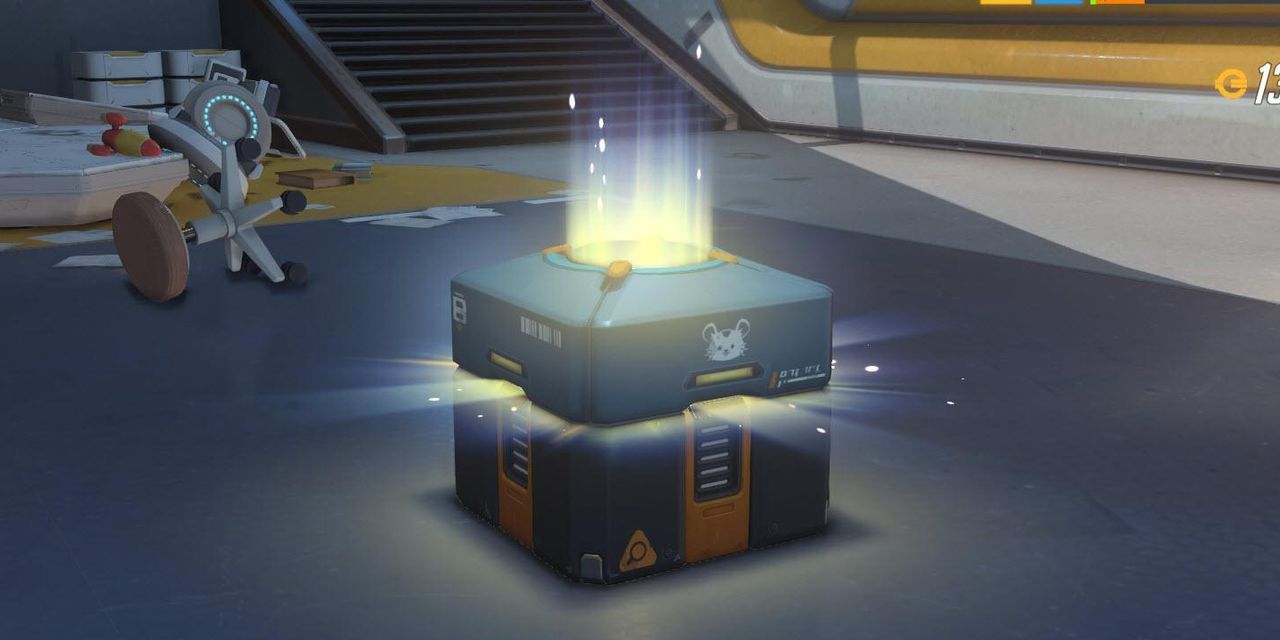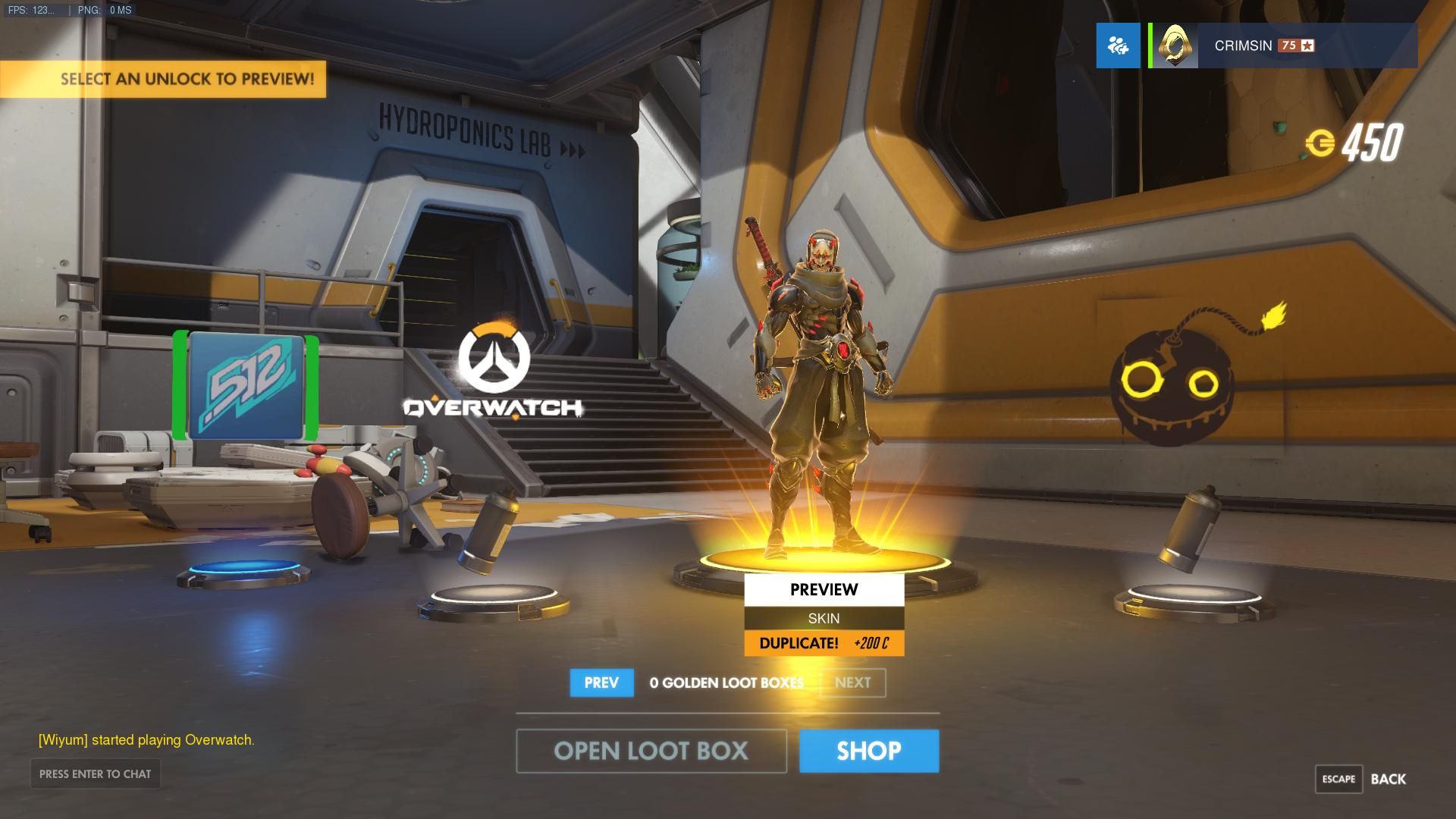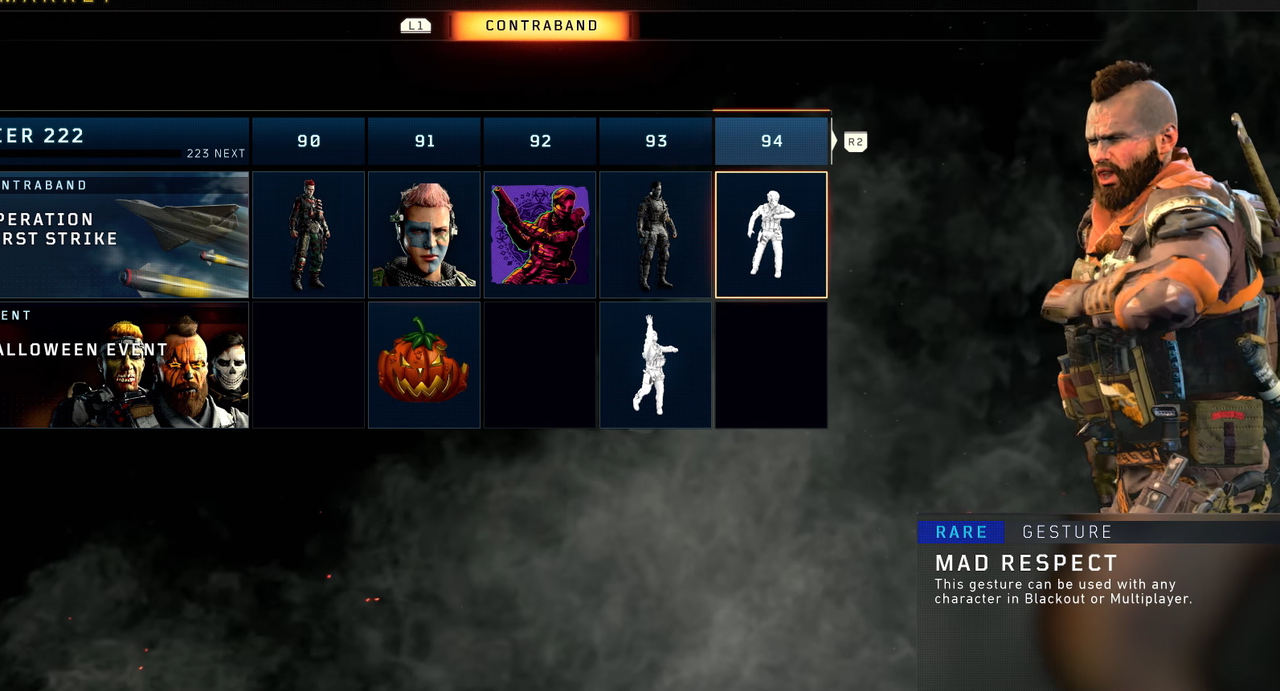Loot boxes are facing scrutiny again, thanks to a United States senator. An official investigation into the practice was confirmed by the Federal Trade Commission this week at the request of Sen. Maggie Hassan, on the grounds that children are especially susceptible to the lure of randomized loot.
"Loot boxes are now endemic in the video game industry and are present in everything from casual smart phone games to the newest, high budget releases," Hassan, a Democratic Senator from New Hampshire, said. With them being so successful in games like Overwatch, more and more publishers are finding ways to add loot-based micro-transactions into their games. The potential for profit is very apparent, and Hassan projected that loot boxes will “represent a $50 billion industry by the year 2022.”
FTC chairman Joe Simons announced that the organization would be investigating the practice during a Senate Commerce subcommittee hearing, Polygon reports. It's too early to tell what exact actions the investigation's results will inspire, although Eurogamer speculates that the FTC will delve into the addictive nature of loot. Sen. Hassan claimed that loot boxes are too similar to gambling and that children make for easy targets as long as there's no regulation.
This investigation is noteworthy because it's the first time the U.S. is doing anything on a federal level. Some individual states have already taken action against loot boxes, and two European countries have even declared them illegal. Sen. Hassan herself wrote to the ESRB asking for an updated rating process for games containing loot boxes. Afterwards, game ratings have included a warning about "in-game purchases" when appropriate.
On the consumer side of things, many adult gamers are fierce in their criticism of loot boxes, particularly in big-budget games. The prevailing attitude is that a $60 game should be a complete package, and that nickel-and-diming consumers with randomized skins and emotes is frustrating and even predatory. Call Of Duty Black Ops 4 recently came under fire for including a battle pass that makes heavy use micro-transactions, while already being a full-price game with a slate of paid DLC on the way.
The Entertainment Software Association, an organization that represents video game publishers when it comes to government-level affairs, made a statement to Polygon defending loot boxes. The association's reasoning is that loot boxes cannot be gambling because, unlike gambling, loot box purchasers can't walk away empty-handed. "They have no real-world value, players always receive something that enhances their experience, and they are entirely optional to purchase. They can enhance the experience for those who choose to use them, but have no impact on those who do not.”
Next: Inconsistent ‘Fallout 76’ Refunds Prompts Law Firm To Investigate Bethesda



